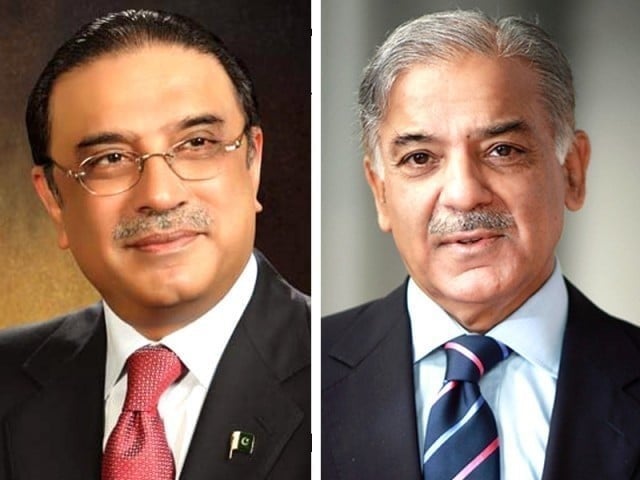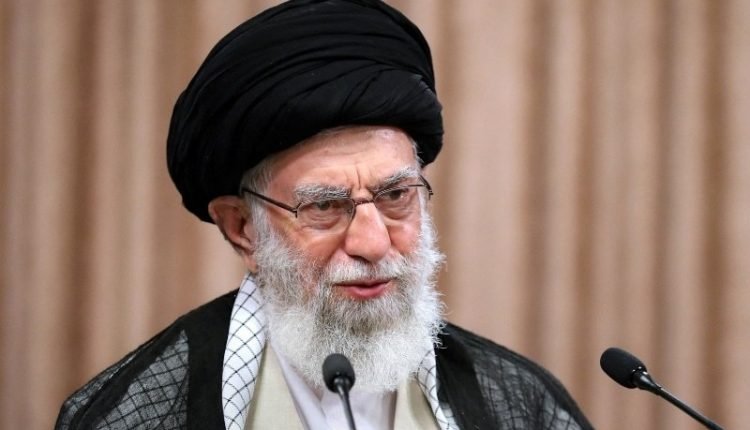Mubashir Nadeem
The recent criticism from Pakistan People’s Party (PPP) Chairman Bilawal Bhutto Zardari has cast a spotlight on the growing tensions between the PPP and its coalition partner, the Pakistan Muslim League-Nawaz (PML-N), highlighting an uneasy relationship that appears to be fraying at the edges. Bilawal’s sharp remarks about the PML-N’s failure to uphold agreements—especially regarding equal provincial representation in judicial appointments—reveal a significant level of dissatisfaction within the coalition. These grievances, notably Sindh’s perceived marginalisation, are not just fleeting political complaints but reflect deeper concerns about the federal government’s governance style and its commitment to fair, inclusive politics. While the PPP’s criticisms are not new, especially regarding issues like climate change fund distribution, the NFC Award, and the allocation of provincial resources, the specific focus and detailed articulation of these issues by Bilawal signal a much more profound sense of frustration within his party.
Observers are quick to point out that the PPP and PML-N were never ideologically aligned but were brought together out of political necessity. Their differences on key issues like privatisation and legislative priorities have always existed and were inevitable. Yet, these longstanding issues now seem to be reaching a breaking point, with the PPP accusing the PML-N of an increasingly dismissive approach to coalition politics. Bilawal’s complaints about his party’s marginalisation within the coalition—specifically the claim that PPP is only presented with legislation after it has already been tabled—underscore the lack of respect and collaboration in what should be a more consultative political environment. For the PPP, this is not merely a complaint about procedural neglect; it signals a deeper issue of governance where their political contributions are treated as secondary. This dynamic has led political analysts to observe that, ironically, the PPP, often viewed as part of Pakistan’s ‘hybrid’ system of governance, seems more committed to genuine political processes than its senior partner.
In this light, the PPP’s criticism of the PML-N’s handling of key issues like judicial reforms and legislative initiatives is telling. Bilawal’s party, despite its role within a hybrid system, appears to be making efforts to foster political debate, build consensus, and pursue reforms. In contrast, the PML-N seems content with a more top-down, perfunctory approach to governance, offering little room for genuine collaboration or a meaningful exchange of ideas. While Khawaja Asif, a senior PML-N leader, acknowledged the PPP’s “genuine grievances,” this verbal recognition must be backed by tangible action. The PML-N cannot afford to ignore or dismiss its coalition partner’s concerns. In a deeply polarized political environment, where stability achieved through hybrid governance is precarious at best, failing to address the PPP’s demands could lead to further estrangement within the coalition, risking not only political instability but the undermining of the broader democratic process.
One of the PPP’s most significant demands is equal provincial representation in judicial appointments, which Bilawal emphasized in his recent statements. This demand reflects a broader concern that political parties, even within a hybrid system, should continue to advocate for institutional reforms that ensure fair and inclusive governance. The PML-N’s reluctance to fulfil its commitments in this regard reveals a dangerous complacency and a willingness to cede political space—something that could have long-term negative consequences for the democratic fabric of the country. As it stands, the political space in Pakistan is already dominated by non-political actors, and the PML-N’s failure to secure political equality for its coalition partners is a troubling sign of the erosion of political power in favor of extra-constitutional forces.
The nature of coalition governments, especially in a politically fragmented environment like Pakistan, demands compromise, dialogue, and mutual respect. While the PML-N may not share the PPP’s ideological leanings, they must recognize that alliances built on necessity are still built on trust. If that trust is broken, the consequences are far-reaching: the coalition risks losing not just a vital partner but also alienating the public, already disillusioned by years of political instability and poor governance. The PML-N, for its part, must recalibrate its approach to governance. A failure to engage in genuine dialogue, to recognize the contributions of coalition partners, and to address their legitimate concerns is not only a political failure but also a moral one. The stakes are high, and the country cannot afford a repeat of past mistakes—especially when the current political landscape is already fragile.
Ultimately, this situation presents the PML-N with a critical choice: either they can continue to dismiss the concerns of their coalition partner, risking further instability and fracturing the coalition, or they can take the necessary steps to restore trust, engage in meaningful dialogue, and live up to the agreements that are vital for the continued success of the government. The political consequences of the latter are not just about party alliances—they are about ensuring that Pakistan’s democracy is resilient, accountable, and inclusive for the long term.
















